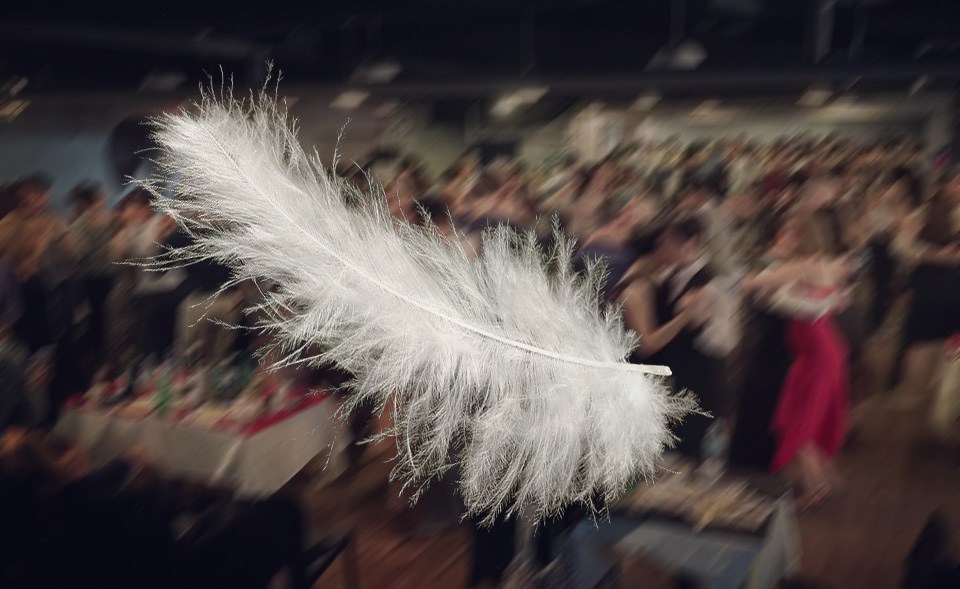“Can you check if I am pushing you when I do giro?”
I tried some medio-giro with this student but there seemed to be no problem.
“It seems fine. Why are you asking? When do you feel you are pushing?”
“I don’t know. Somebody told me I am pushing when I do giro.”
“Who told you and when? In a milonga, or a practica?”
“In a milonga. After one song he asked me, ‘Why are you pushing me when you do giro? Before you didn’t do that, so I am curious what changed.’ Later I danced with some other guy and I asked him about it, but he said I was not pushing. So I don’t know what the problem is.”
As I counseled her I felt for her. After that episode in the milonga, whenever she danced she worried about pushing her partner. This is why commenting on someone else’s dance in the milonga is dangerous.
Usually there are three reasons why one talks about another person’s dance. First is to help the other person. Second is to show one’s superiority, like keep repeating the same movement until the other person do it in the way he wants, or instructing the other person what to do outright by words. Third is to praise the other person, to make him or her feel happy.
Giving compliments seems like a positive thing to do, but it is not so simple. I learned that from my own experience. I used to occasionally give compliments to the person I dance with. I would say something like, “Ah you are dancing better than before.” Then one day in a milonga, I met someone I knew only by face. I danced with him for the first time. After the first song he said,
“You dance so well. Your dance is like a feather!”
During the second song I could not help but kept thinking,
“He liked the first song, but what if he doesn’t like this one? What does it mean I dance like a feather? Am I too light so he cannot feel my feet?”
After that whenever I dance with him, his feather comment keeps appearing in my mind. It became a burden, a passive voice that makes me self-conscious. I can never wipe it off my mind. So I realized compliments can be dangerous too.
Usually people think exchanging feedback in practicas is acceptable. But when I run practicas for my students, I try not to comment on their dance lightly. It is because I do not know what they are focusing on in their practice. It is hard to practice more than one thing at a time. When one is focusing on pushing the floor with her standing leg, keep telling her to relax her shoulder does not help. It is only going to distract her. So we really need to be careful with talking about someone else’s dance, no matter how close or friendly we are with that person. If someone ask us for feedback, then it is more safe to offer our help.
The same is true even when two people are dance partners. We may want to give advice out of good will, like wanting our partner to improve, or wanting a better match between us. But instead of trying to help him with his dance, it is always better to focus on ourselves instead. Whatever we are doing with our partner, we can always stand stronger on our axis, utilize our bodies to a fuller extent, or focus our mind more clearly on him.
Unprompted criticism of another person’s dance is an admission of one’s inability to dance well with that person. Dancing well means being able to adapt to whatever way my partner is dancing, and to handle whatever situation I am in. That is why a real good dancer would never need to criticize his or her partner. So when someone criticizes us, we do not need to blame ourselves. Instead, we can interpret the criticism this way, “Ah, this person is admitting his insufficiency and asking me for help.” This way we can protect ourselves mentally, and do not let others take away our ability to enjoy ourselves.
We can always dance better, but the motivation to improve should come from ourselves. We cannot develop by following the opinion of others. Some people think I dance too light, but some think I dance too heavy. Who should I listen to? There is no prefect technique nor perfect dance; there are only people who match me better, and people who do not match me as well. Whomever I dance with, I can always enjoy myself.
I would like to tell the student who thought she was pushing, “The most important thing is to enjoy yourself now. Dancing tango is to be happy at this moment. Tomorrow we can dance better – we are going to dance our whole life anyway.”
